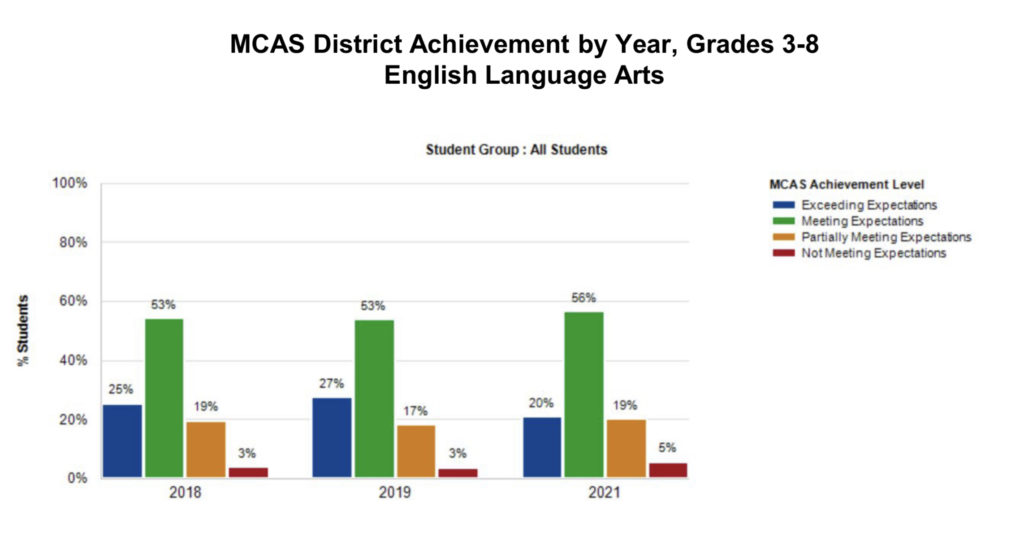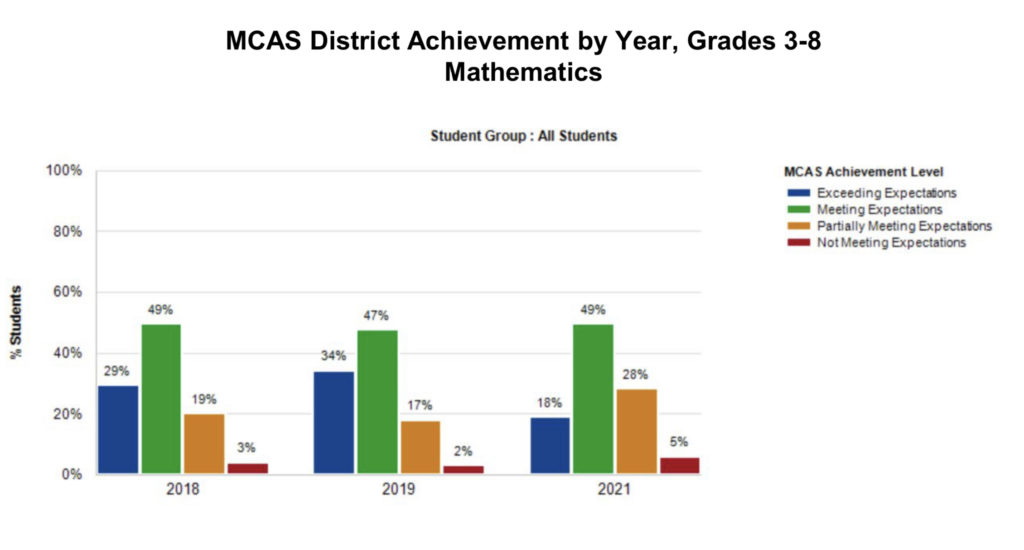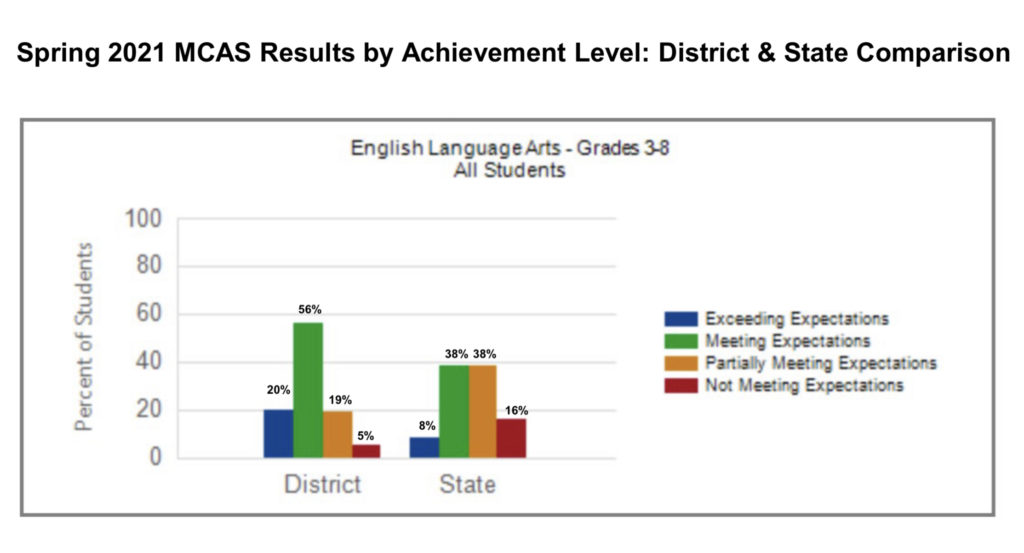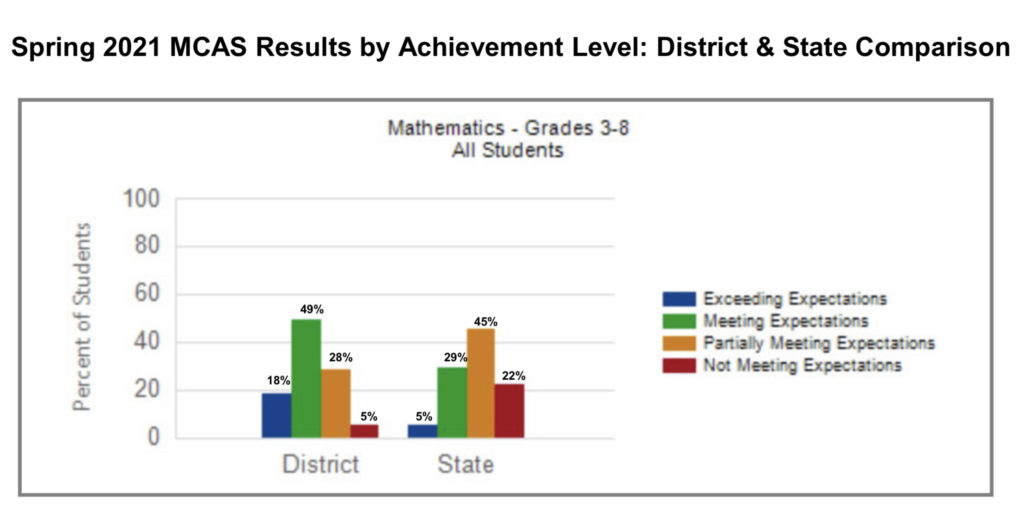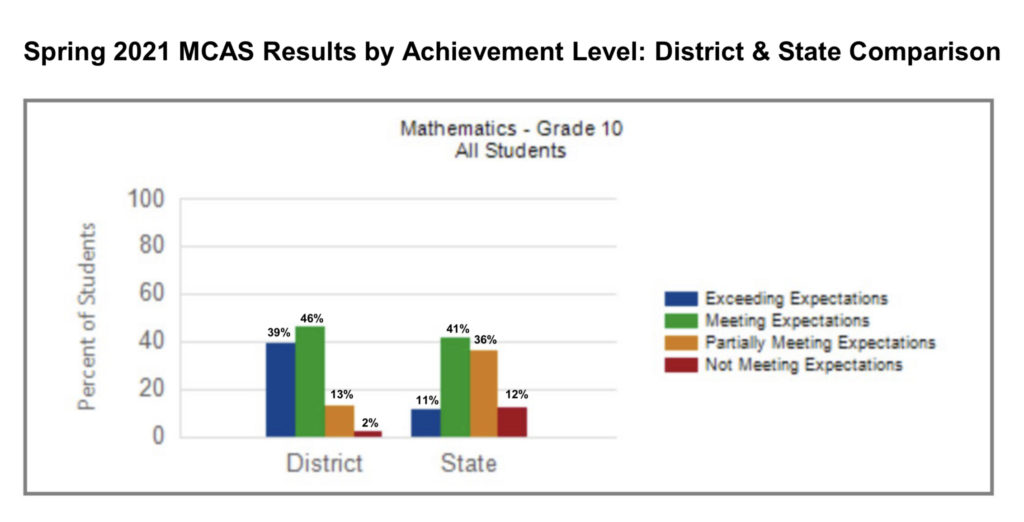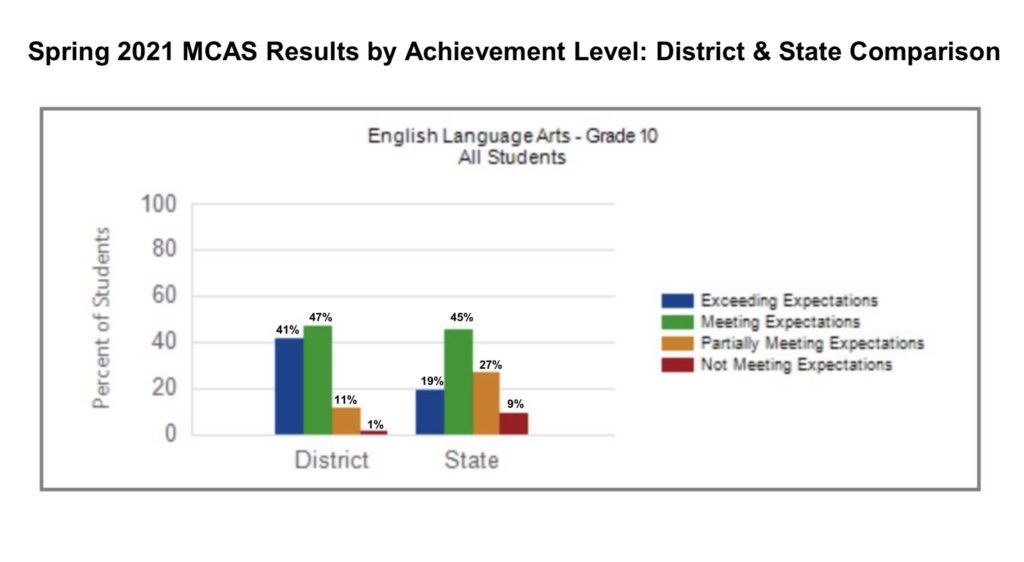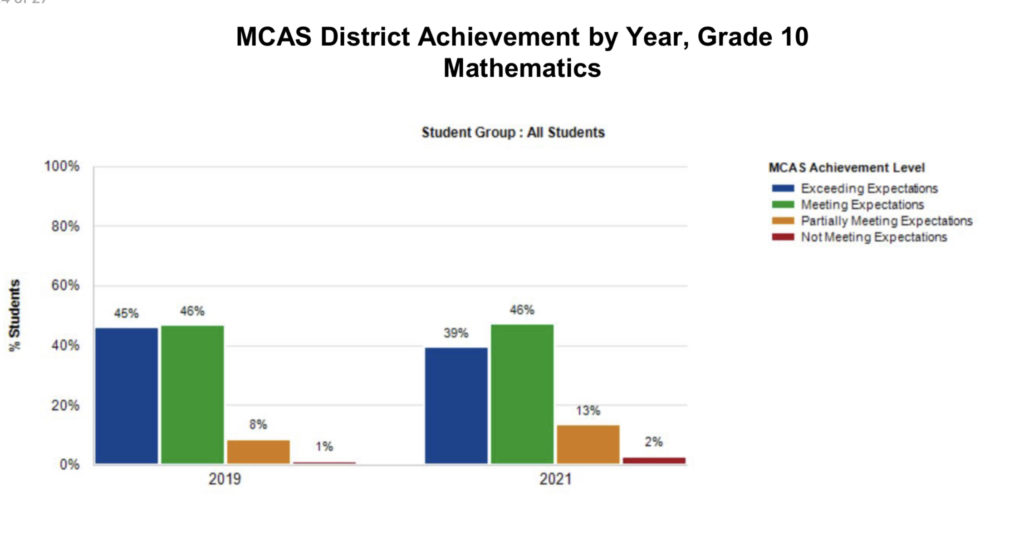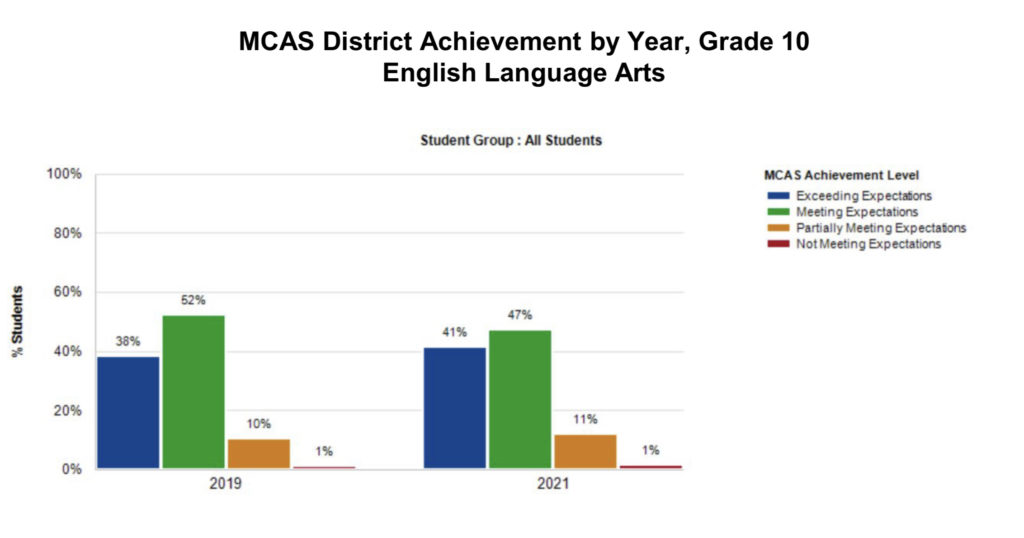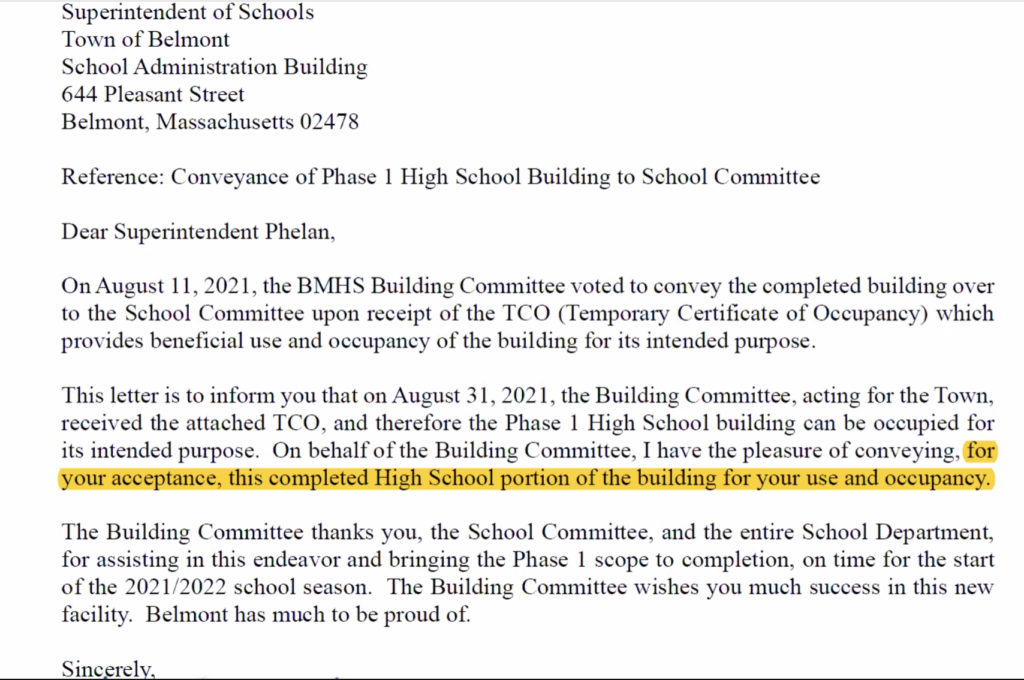Photo: Burbank Elementary School
Seeley Okie, principal of the Burbank Elementary School, was forced to resign his position on Thursday, Oct. 21 after teachers and staff of the school “expressed concerns” to the Belmont School District on his running of the school since September and, specifically, Okie’s handling of a specific event in which a student was restrained during a “de-escalation” incident under his watch.
In a letter to the Burbank community dated Oct. 21, Belmont Superintendent John Phelan said after recently speaking with school personnel and reviewing the incident with the student, Okie was placed on administrative leave on an unspecified date according to district protocol.
After subsequent conversations “we have come to a mutual agreement that Principal Okie will submit his resignation, effective immediately,” wrote Phelan. “[Okie] has been fully cooperative throughout this process and has indicated that this course of action is best for him personally and professionally, for his family, and most importantly, for the school community.”
Phelan expressed his personal thanks to Okie for providing “leadership and stability” through “the significant challenges and uncertainty” of the Covid-19 pandemic.
Okie came to the Burbank as its interim principal in July 2019 after spending seven years as assistant principal at the McArthur Elementary School in Waltham. He was named Burbank’s full-time principal starting in September 2020.
Phelan said the district’s central office and members of the superintendent’s Leadership Team – made up of senior staff and the district’s principals – will work with teachers and staff to “ensure the smooth operation of the school.”
The district will begin “an immediate search” to hire an interim principal for the Burbank. It comes at the same time Butler Elementary Principal Danielle Betancourt announced her resignation after accepting a position in London.
